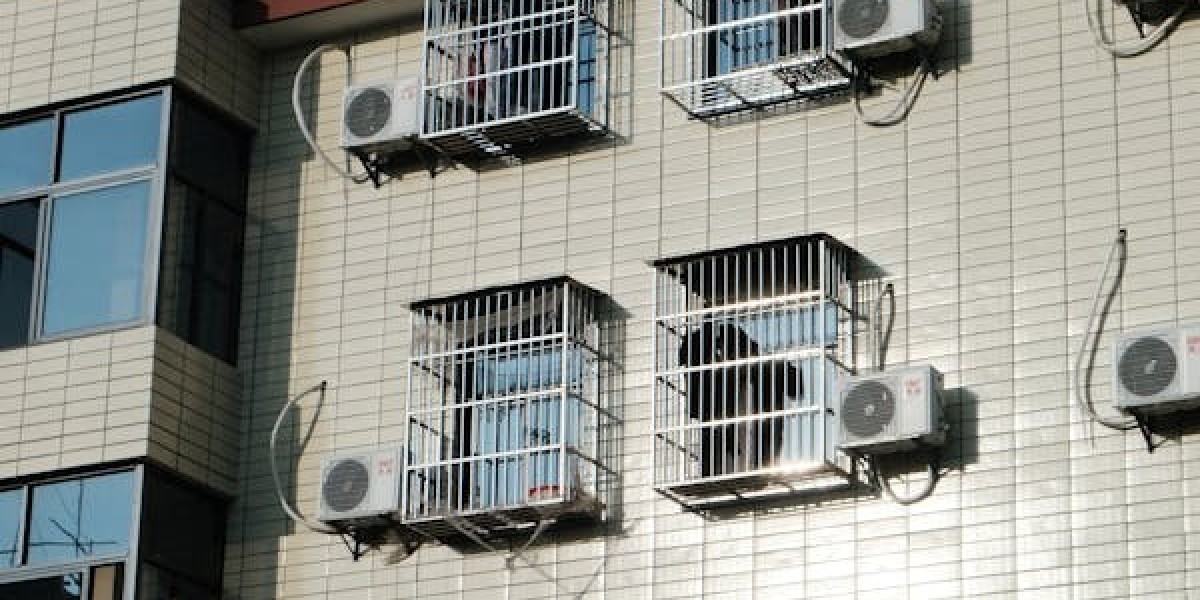As temperatures rise, a well-functioning air conditioning unit becomes essential for comfort. However, AC units can sometimes fail, leading to discomfort and increased energy bills. This guide will explore common AC problems, tips for effective repairs, and when to call in a professional. Understanding these aspects can save you time, money, and hassle.
Common AC Problems
Recognizing when your air conditioning unit needs attention is crucial. Here are some common signs that indicate it's time for AC repairs:
Inadequate Cooling
If your AC is running but not cooling your space effectively, it may be a sign of refrigerant leaks or a malfunctioning compressor. This problem can lead to increased energy consumption and discomfort.
Strange Noises
Unusual noises, such as grinding, squeaking, or hissing, can indicate various issues. Grinding noises may point to motor problems, while hissing sounds could suggest a refrigerant leak. Ignoring these signs can lead to more severe issues down the line.
High Energy Bills
A sudden spike in your energy bills without a change in usage can indicate that your AC system is struggling. This inefficiency might result from dirty filters, duct leaks, or failing components.
DIY AC Repairs
While some repairs require professional help, there are a few things homeowners can do to troubleshoot and maintain their AC units:
Replace or Clean Air Filters
Dirty or clogged air filters can restrict airflow, causing your AC unit to work harder and potentially overheat. Check and replace your filters regularly, typically every 1-3 months, to maintain optimal performance.
Clear the Condenser Unit
The outdoor condenser unit can accumulate dirt and debris, affecting its efficiency. Regularly check for blockages around the unit, and gently clean it using a hose or soft brush to ensure proper airflow.
Check the Thermostat
Sometimes, the problem might be as simple as a faulty thermostat. Ensure that your thermostat is set to the desired temperature and is functioning correctly. Consider upgrading to a programmable thermostat for better control and energy savings.
When to Call a Professional
While DIY repairs can be effective, some issues require professional intervention. Here are scenarios when you should consider calling an HVAC technician:
Refrigerant Leaks
If you suspect a refrigerant leak, it's best to call a professional immediately. Refrigerants are hazardous and require specialized handling and expertise to repair.
Electrical Issues
If you notice frequent tripping of circuit breakers or electrical malfunctions, it's essential to consult a professional. These issues can pose safety risks and indicate underlying electrical problems.
Age of the Unit
If your air conditioning unit is over 10-15 years old, it may be time to consider a replacement. A technician can assess the unit's condition and advise on whether repairs or replacement is more cost-effective.
Conclusion
Regular maintenance and prompt repairs can extend the life of your air conditioning unit and ensure it operates efficiently. By recognizing the signs that indicate the need for repairs, performing simple DIY tasks, and knowing when to call in professionals, you can keep your home cool and comfortable. Prioritizing AC repairs will not only enhance your comfort but also lead to energy savings in the long run.







